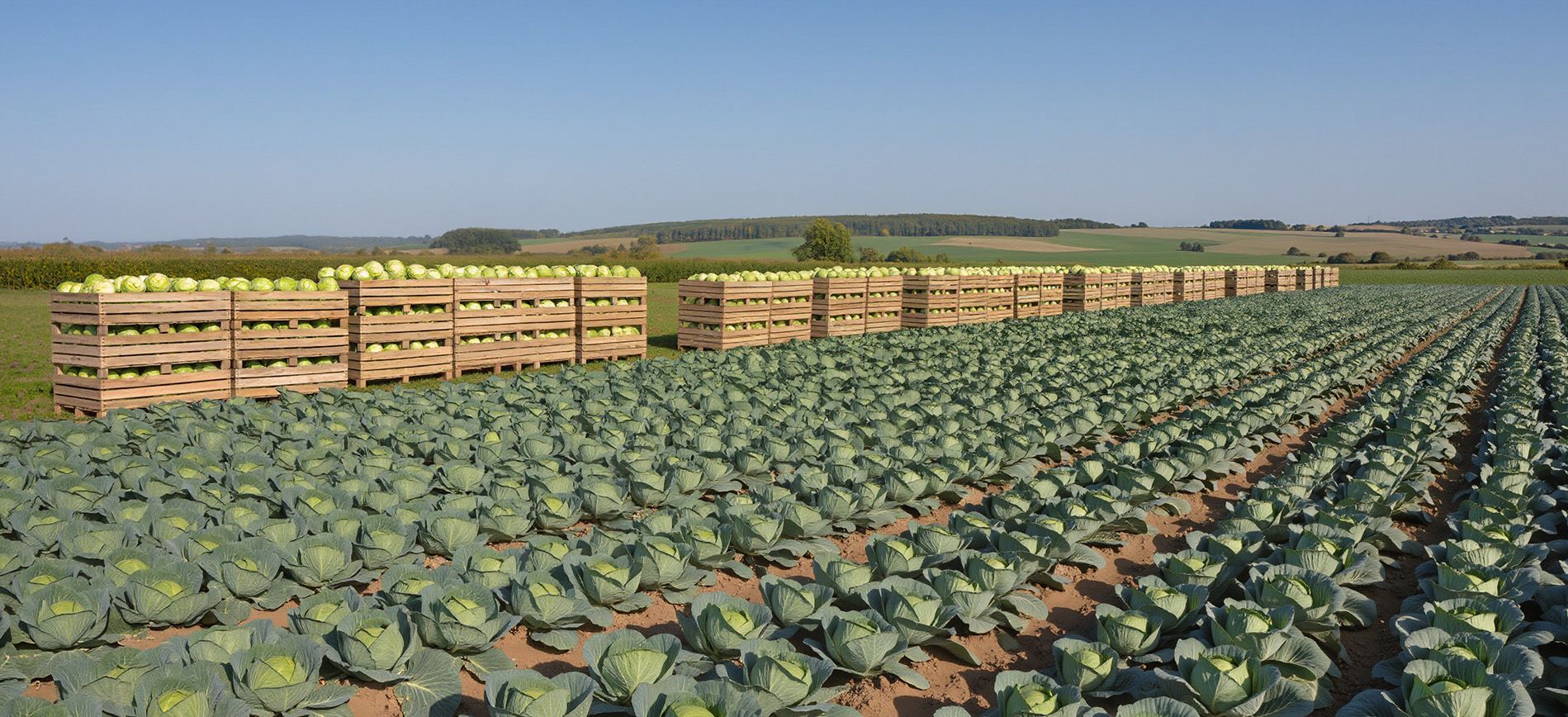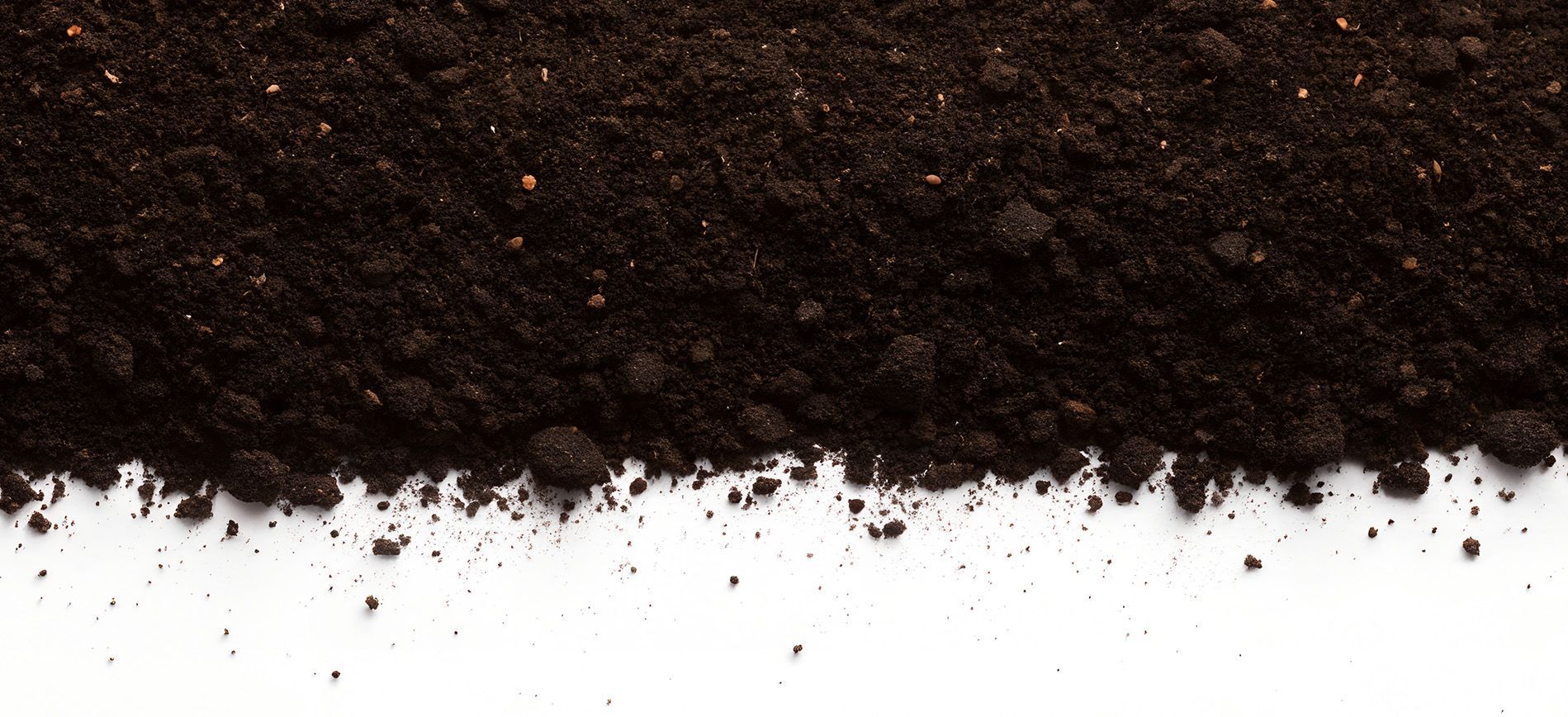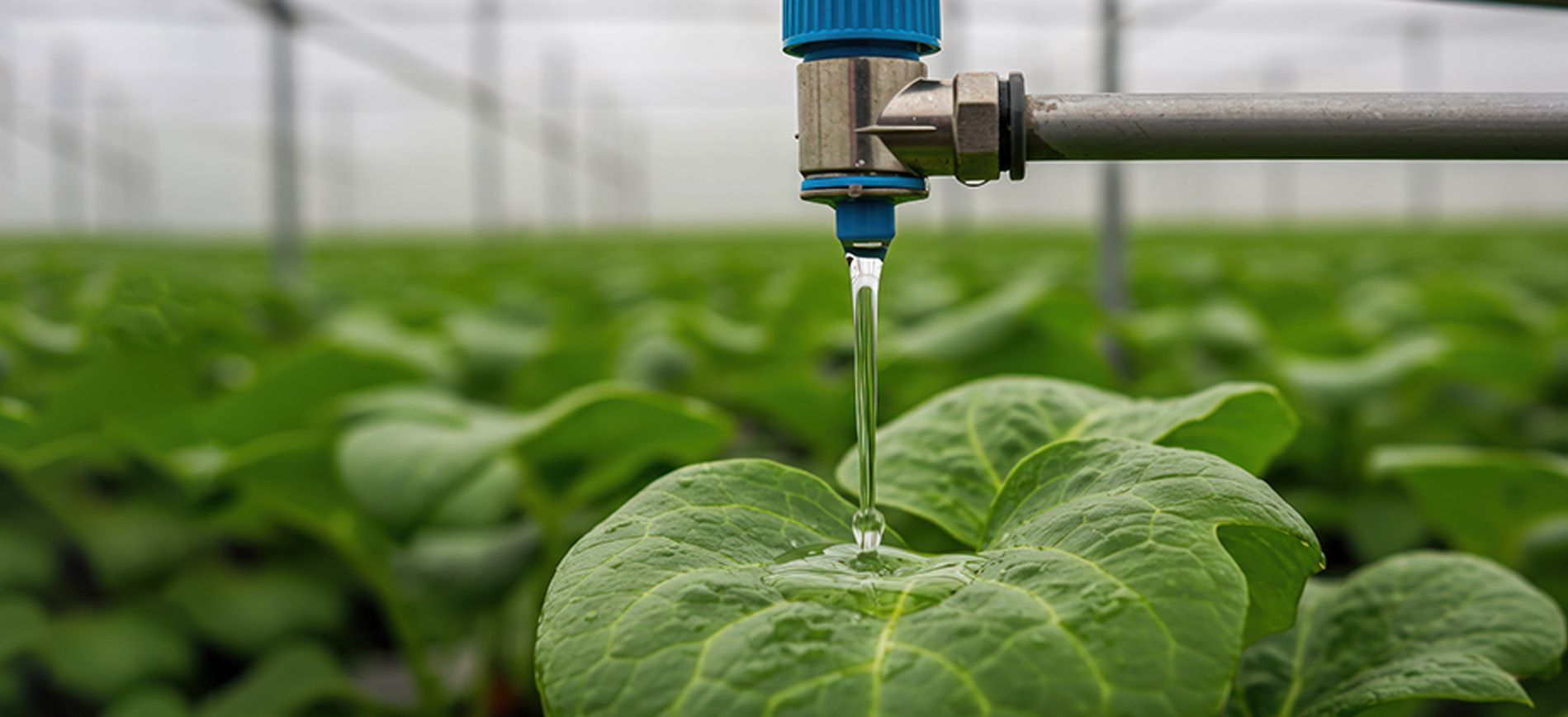Silicon Fertilizers – Strengthening Plant Defenses and Yield Potential
Silicon Fertilizers – Strengthening Plant Defenses and Yield Potential
Introduction: Silicon – The Unsung Hero in Crop Resilience
Silicon (Si), though not traditionally considered an essential nutrient, has emerged as a critical element in boosting plant resilience, stress tolerance, and structural integrity. Often abundant in soil but not always in plant-available form, silicon contributes significantly to disease resistance, drought tolerance, and improved crop architecture. Silicon fertilizers offer a proactive solution to modern farming challenges—enhancing not just yield quantity, but also quality and durability, especially under stress conditions.
In the age of climate change and resource efficiency, silicon is gaining traction as a vital input for sustainable agriculture.
What Are Silicon Fertilizers and How Do They Work?
Silicon fertilizers supply plant-available forms of Si—most commonly as monosilicic acid (H₄SiO₄), calcium silicate, or potassium silicate. These compounds are absorbed by roots and deposited in cell walls, creating a physical barrier against stress and pathogens.
Common Forms of Silicon Fertilizers:
- Calcium Silicate (CaSiO₃): Used for both the Si and liming effect
- Potassium Silicate (K₂SiO₃): Water-soluble, for foliar and fertigation use
- Sodium Silicate: Applied in hydroponics and foliar feeding
- Monosilicic Acid: Premium form for immediate uptake in fertigated systems
Once absorbed, silicon strengthens epidermal tissues and regulates physiological processes that improve nutrient balance, water retention, and defense response.
Benefits of Silicon Fertilization
| Benefit | Agronomic Impact |
|---|---|
| Enhanced Disease Resistance | Forms a barrier against fungal and bacterial infections |
| Improved Drought Tolerance | Reduces water loss and boosts water-use efficiency |
| Stronger Plant Architecture | Thickens cell walls and prevents lodging in cereals |
| Better Nutrient Efficiency | Enhances phosphorus and micronutrient uptake |
| Increased Yield and Quality | Promotes fuller grains, firmer fruits, and stronger stems |
Studies have shown that rice and wheat treated with silicon experience 10–25% higher yields under stress conditions compared to untreated plots.
Source – Journal of Plant Stress Physiology
Ideal Crops and Use Cases for Silicon Fertilizers
Silicon application is particularly beneficial in:
- Rice and Wheat: Reduces lodging and increases tiller strength
- Sugarcane & Maize: Boosts structural rigidity and photosynthesis
- Vegetables (Tomato, Cucumber): Enhances disease resistance and fruit firmness
- Banana & Citrus: Improves post-harvest shelf life and peel strength
- Ornamentals: Thickens stems and enhances visual appeal
When to Apply:
- During the vegetative and pre-flowering stages
- Under drought, pest pressure, or saline conditions
- In sandy or degraded soils with low natural Si reserves
Source – Fertilizer Focus Magazine
Application Methods and Compatibility
Silicon fertilizers are versatile and compatible with many agricultural practices:
- Soil Application: Broadcast or banding of calcium silicate
- Fertigation: Soluble forms like potassium silicate or monosilicic acid
- Foliar Spray: Quick uptake and disease protection during critical growth phases
- Hydroponics: Essential for balancing nutrient uptake in soilless systems
Best Practice Tip: Avoid mixing silicates with highly acidic fertilizers or calcium-rich solutions without a compatibility test, as precipitation may occur.
Green Gubre Group’s Silicon Fertilizer Solutions
At Green Gubre Group, we offer a robust portfolio of silicon-based nutrition products:
- SilicBoost™ Liquid (Monosilicic Acid): For fertigation and foliar systems
- AgriSi Granules (Calcium Silicate): Long-lasting soil amendment
- K-Sil Max (Potassium Silicate): Ideal for greenhouse and high-value crops
- HydroSi™ for Soilless Systems: Silicon solutions tailored for hydroponic growers
Our agronomic team provides tailored recommendations based on soil tests, crop type, and environmental conditions to maximize silicon benefits across all farming systems.
Conclusion: A Smarter Path to Resilient Crops
Silicon fertilizers represent a forward-thinking approach to nutrient management—going beyond basic nutrition to enhance plant defense, structural strength, and stress resilience. Whether you’re battling drought, disease, or lodging, silicon can be your hidden weapon for healthier, stronger crops.
By integrating silicon into your fertilizer program, you not only improve yields—you future-proof your farm.




